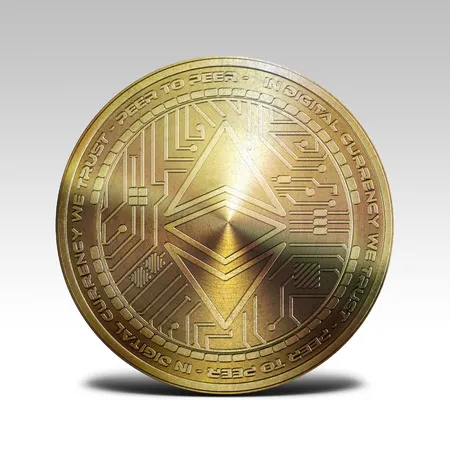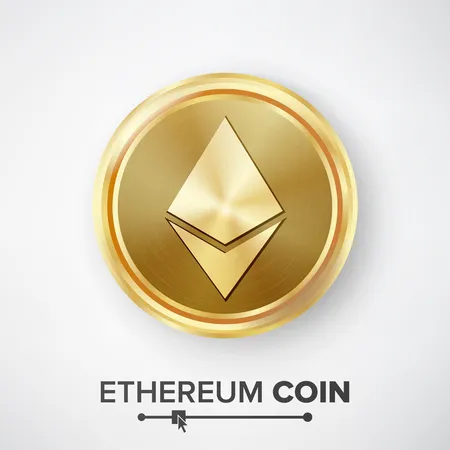Ethereum (ETH) vs. Ethereum Classic (ETC): A Growing Cryptocurrency Controversy
The prospect of cryptocurrencies and blockchain technology is very promising – however, it has not been without its problems.
A powerful decentralized model that promised to revolutionize the way people think of contracts and transactions, Ethereum (ETH) is still an exciting prospect, even though a recent hard-fork left the community split.
With Ethereum marching on despite Ethereum Classic (ETC) developers claiming their system is the better option, opinions are mixed as to which one is superior. Some people have even dubbed ETC as a scam. For investors and followers of the technology, getting to the bottom of the dispute is important for moving forward safely toward a decentralized future.
How an Ethereum Loophole Split the Community
Ethereum, as a young technology, was one that caught the attention of many people from its inception. The prospect of building unstoppable applications that operated without the possibility of downtime or interference was (and still is) very lucrative – especially with the growing popularity of cryptocurrencies.
In 2016, one hacker found a loophole that allowed him to steal $50 million from Ethereum, a theft constituting roughly one-third of the entire venture fund. Though the Ethereum network itself not hacked, a contract code written in a language similar to JavaScript was all the hacker needed. Three days after this occurred, the creators took action by developing new protocols and abandoning the old blockchain.
Once the split happened, some purists stuck to the original model and continued mining on the original blockchain, and Ethereum Classic was born. This move, though touted as one designed to preserve the purity of the platform, has been met with a mixed reaction from critics and users alike.
What is ETH? What is ETC? How Do They Compare?

After the controversy concerning the loophole, a group of individuals associated with Ethereum hard-forked the code to create what is currently called Ethereum, or ETH. ETH advocates claim they are continuing with the evolution of the code in order to make the platform safer and more responsive.
Ethereum Classic is the continuation of the original Ethereum code. After the controversy and hard-fork occurred, many spoke about preserving the original integrity of the platform. Followers of ETC claim they are working to stop the platform from going corporate, and being exploited by others for personal gain.
Though somewhat similar, ETH and ETC have different approaches to blockchain technology. Advocates of Ethereum Classic claim they are preserving the legitimacy of the blockchain, and that a hard-fork brought about concerns on just how reliable the distributed ledger was. Supporters of Ethereum claim that new protocols on a new blockchain are necessary to prevent a repeat of the past theft.
Is Ethereum Classic Really a Scam?

While many advocates of improvements to the Ethereum platform are quick to call ETC a scam, this isn’t entirely accurate. Many supports of ETC have even levied similar claims at ETH users, claiming that abandoning the old blockchain with a hard-fork sets a dangerous precedent for the future.
With investors behind it, Ethereum has the resources necessary to continue evolving and growing. The original team is also behind ETH, boosting its reputation among long-time users. On the other hand, Ethereum Classic’s supporters claim that, in addition to offering the same specifications in terms of average block time and size, they’re maintaining the legitimacy of the original blockchain and avoiding hard-forks that could compromise the chain’s integrity.